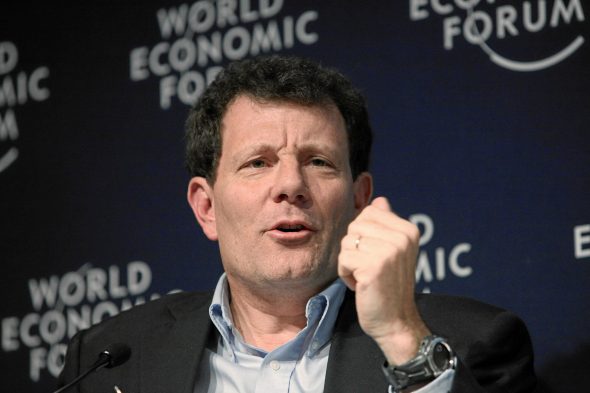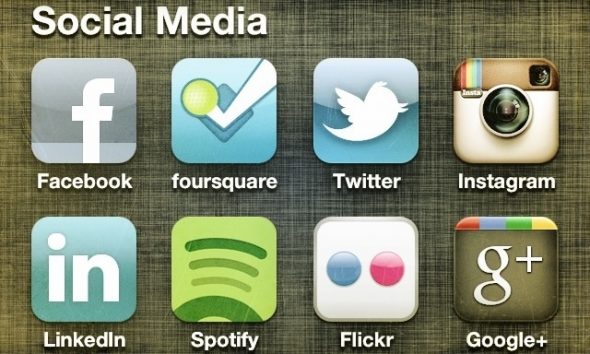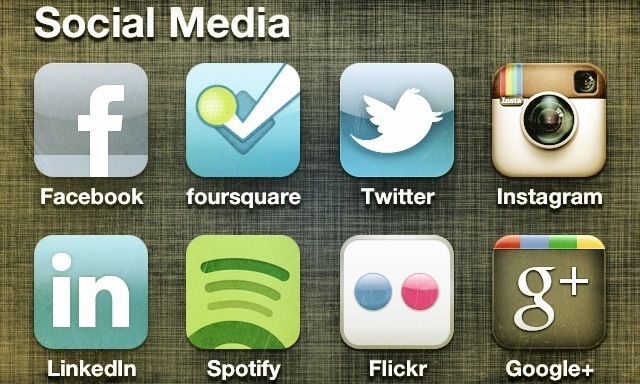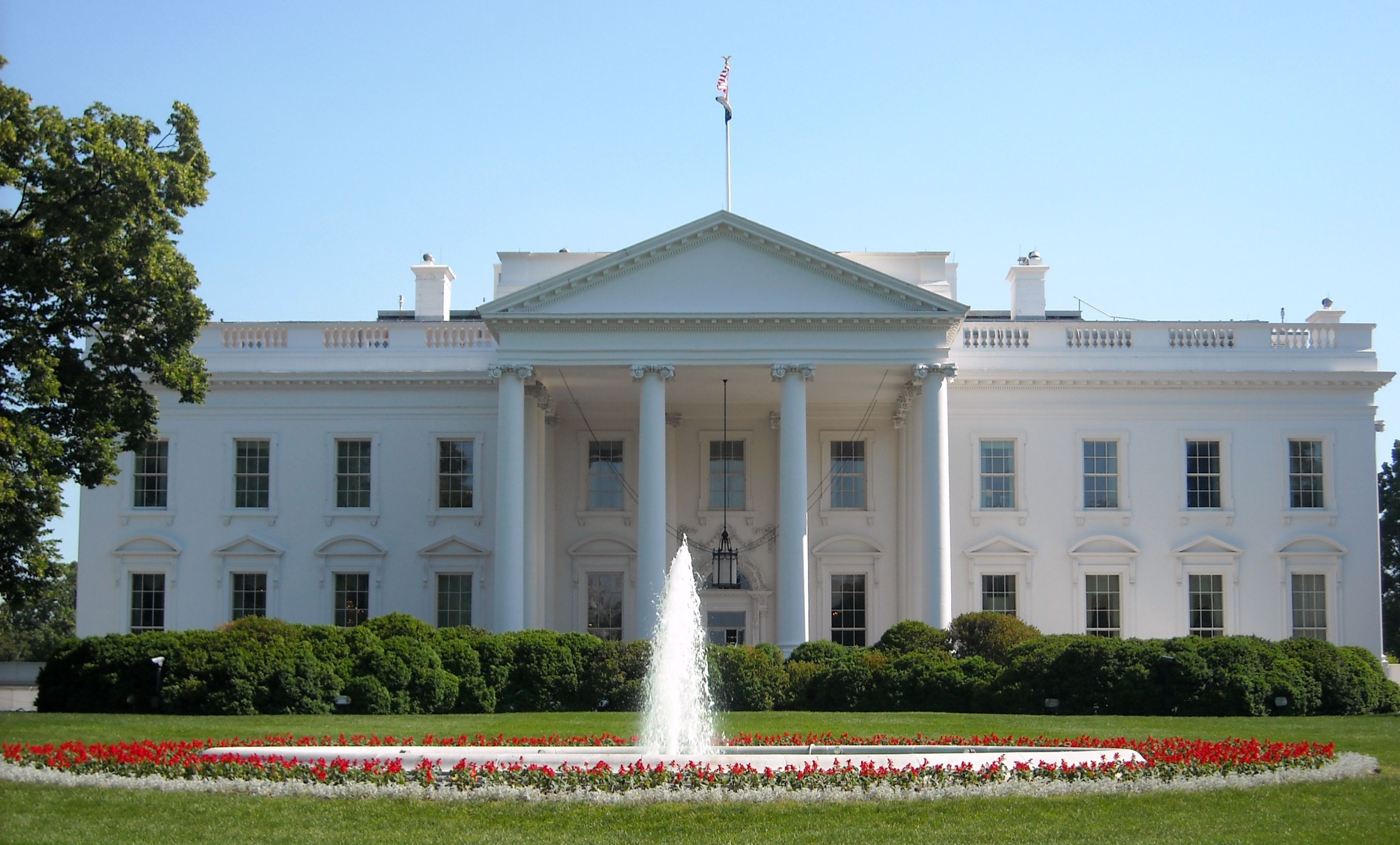Social media statistics from this April tell an important story. Facebook has around 1,590,000,000 users. Instagram has 400,000,000. 320,000,000 people are tweeting and 200,000,000 people are updating their Snapchat stories. Regardless of how I feel about having a global brand, because I exist online, I have to assume anyone in the world is looking.
The benefits of a global brand are tremendous, of course. Consider Nicholas Kristof. My dad calls him the conscience of the New York Times. He has made a mark with a column covering politics, ethics, the environment, human rights and has covered them from around the world.
His global brand indicates thoughtful honesty and confronting challenging subjects. As a result of his global brand, he has credibility, access and authority.

As far as journalism goes, those benefits are a great deal. Our quest for truth is also a mission to share the truth. But as people with personal lives, the global brand comes with limitations.
Anyone can look at my Instagram, LinkedIn and Twitter. That means I have to consider every post carefully, balancing fun with professional networks. My Facebook has very restrictive privacy settings, but I still worry sometimes and limit my activities.
A global brand can be great, but it means constant personal vigilance.

In Dr. Bill’s essay, he writes “Our focus on technological innovations sharpens as one travels and talks to tribal members from foreign lands.” I take this to mean global professionals meeting global professionals. Qualifications set us apart, and branding is the evidence. So while there are risks, a worldwide view and careers means the chance to lead others and learn from others.
I want to end by sharing one of my favorite videos. It’s about wolves getting reintroduced to Yellowstone National Park, and how their presence trickled down to benefit the entire ecosystem. It seems random, but I think it’s very relevant.
Globally branded leaders can have the same impact as the wolves, in a manner of speaking. Regardless of risks or personal sacrifices, working through our connections makes the world better. Our role as journalists makes the world better.
So let’s make as many connections as we can, so that the stories we tell don’t stop in our own towns.


